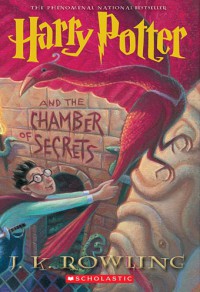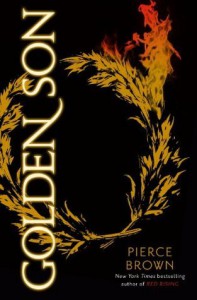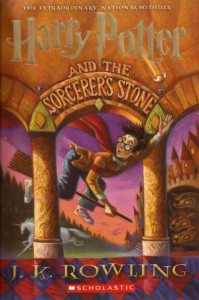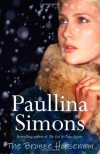BookTube-A-Thon: If I Stay

WARNING: SPOILERS ABOUND
Brief Background: Mia is a seventeen-year-old, talented cellist who has a promising musical future ahead of her. She has a loving, albeit slightly eccentric family, a steady boyfriend and a supportive best friend. That is, until she is the victim of a horrific car crash one inconspicuous morning. Stuck between living and dying, Mia then finds out that there is a decision to stay or go.
What I liked
1. The social commentary on loss and bereavement: Although I struggled to connect with the protagonist (more on that later), I did find the prose very profound in exploring the way that all the ancillary characters dealt with the death here. The different approaches of Adam, Kim and Mia's grandparents were particularly interesting because they all contrasted with each other. Kim and Gran turned to communication, even where Mia wasn't conscious to respond. Adam turned to music. Kim's mother turned to tears. There were varying ways of coping and grieving with both death and the stress of Mia's condition.
2. The memories/flashbacks: I loved that this novel wasn't about the here and now. It wasn't purely a commentary on loss, choices, death and dying. It tied in the stories of all characters through the flashbacks and Mia's memories. It developed the characters extraordinarily well and also served to explain some of the character's beliefs and coping mechanisms (i.e. Gran's belief in angels). I like also how the flashbacks served to build the relationships between characters - I particularly liked the development of Kim and her relationship with Mia.
3. Mia's parents: It was fantastic to see the construction of a family which was loving and whole, yet eccentric and interesting. Too often in young adult literature or contemporaries do we see the broken family trope or the my-parents-dont-love-me trope in order to lend sympathy to the main character. Here, we have a set of flawed, yet very likeable characters as parents, with their own traits. I thought Gale Foreman's characterisation of Mia's father was fantastic. His quips throughout the prose made him easily my favourite character.
What I didn't like:
1. Mia's perception of what it is to live: In many ways, I drew parallels here with another young adult contemporary - Before I Die by Jenny Downham. Now, the protagonist in that novel (Tessa) and the one here are obviously experiencing different aspects of the difference between life and death. Tessa looks forward into the future to her near-approaching death, whereas Mia reflects retrospectively on her life. Yet, I found Tessa's voice and wishes so much more raw and realistic than Mia's and I think that really influenced my ability to connect with the main character here. Both girls are in their teens, and yet to experience much of life. Mia, to me, seems content with the life that she has had thus far. Yes, she has Juilliard, but she fails to see beyond the reality she is currently living. Yes, Tessa looks to behaviours and experiences which perhaps aren't entirely healthy, but it was real. Sex, drugs, boyfriends, travel etc. scream youth to me in a way that Mia didn't. Yes, I realise that perhaps Mia is a different personality, but it just didn't seem realistic that she wouldn't at least reflect on these potentially lost opportunities. She was a bit naive and pure in a way, and such a benign character that I just couldn't relate to her, and thus, felt no real value to her life or death decision.
2. Mia's interpretation of life and death: From the second after the car crash, I struggled to connect with Mia. I think it's the way that she accepted her parent's deaths (in gruesome detail nonetheless) so quickly and really reflected very little on that loss in comparison to other things. Yes, they were rich in her memories, but there wasn't a feeling or connection to loss or very heavy bereavement. Although Mia lamented the loss of Teddy very intensely, I just failed to get the sense that she was really connected to the realities of losing her parents. Instead, she was more interested on her own decision and how her parents were absent from supporting her or being able to make that choice on her behalf.
3. The ending: I thought it was very contrived how Mia was intent on stepping away from life right until the final moment when Adam played her music. Yes, I understand that music was a very important mechanism in the plot. However, to go from one extreme to another in a very grave decision in a split second just didn't seem very realistic. It kind of reminded me of insta love (even though it wasn't insta love), in the sense that the resolution of the complication occurs very quickly, instead of really being built toward. I think the memories could have better supported a plot line which showed Mia gradually growing to accepting one choice over another - not quickly switching her decision at the last minute.
Overall, I think the hype killed the book again for me. This had the potential to be a very poignant novel, however the lack of ability to connect to the protagonist undermined the experience for me.
 3
3



 1
1


















